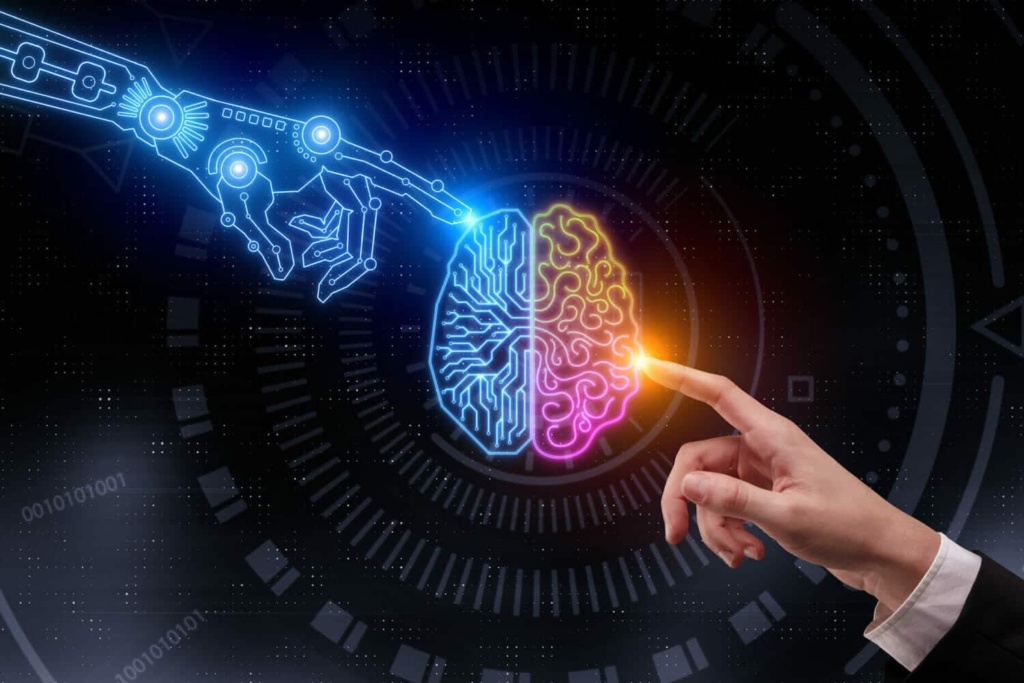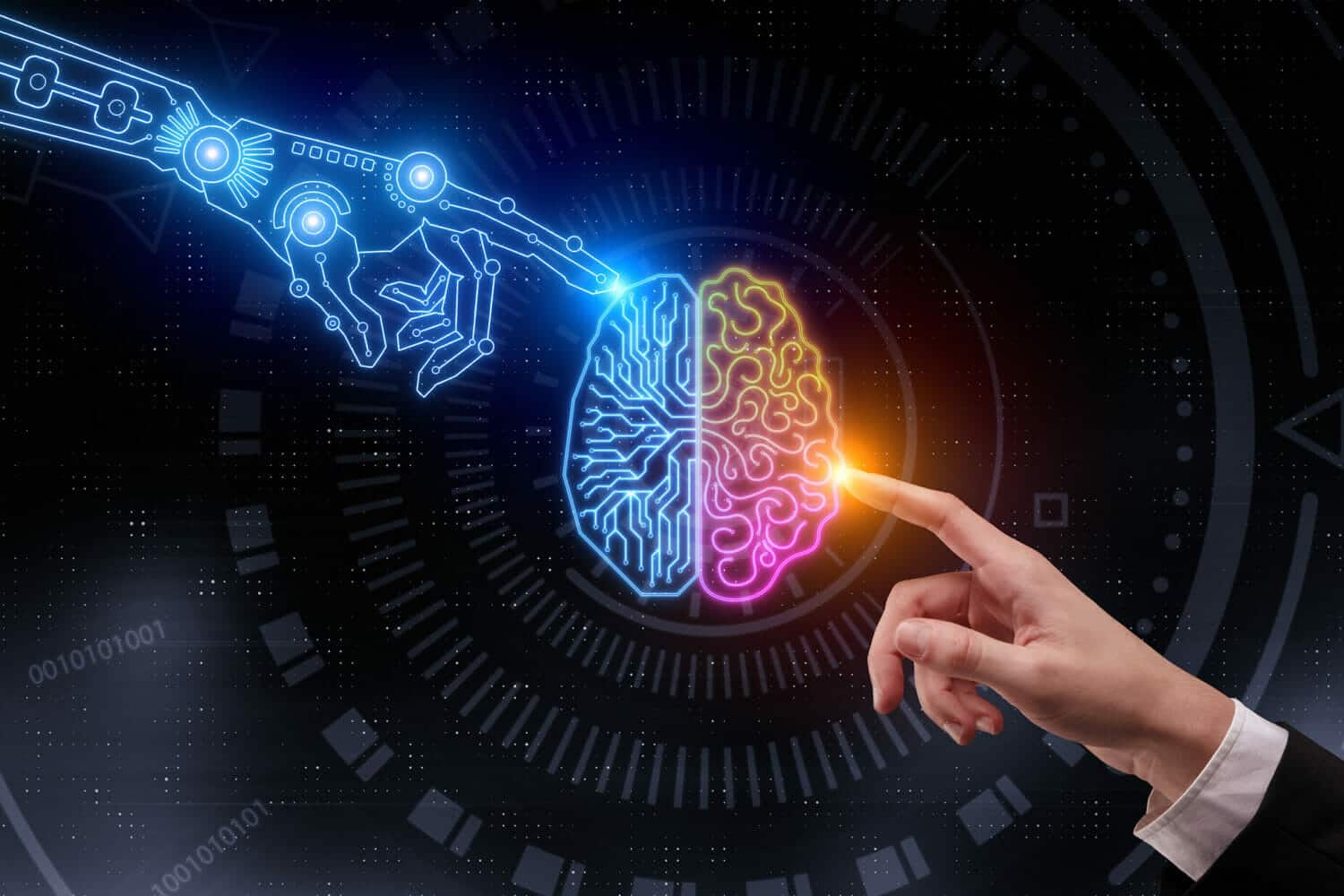Most organizations are Frightened, Excited, and Confused about the rise of artificial intelligence (AI). While some fear that AI will replace human workers, others are thrilled by the prospect of increased efficiency and productivity. And many are simply unsure of what to expect from this rapidly evolving technology.
The Critical Importance of Collaboration

As AI continues to advance, it’s becoming increasingly clear that the key to success lies in collaboration – both between humans and machines, and among humans. Rather than viewing AI as a threat, we should embrace it as a powerful tool that can augment our capabilities and enhance our decision-making processes.
Effective collaboration between humans and AI systems requires a deep understanding of each other’s strengths and limitations. Humans excel at tasks that require creativity, emotional intelligence, and complex reasoning, while AI excels at processing vast amounts of data, identifying patterns, and performing repetitive tasks with speed and accuracy.
One of the most striking examples of the power of human-AI collaboration comes from the world of chess. In 1997, Garry Kasparov, widely regarded as the greatest chess player of all time, was defeated by IBM’s Deep Blue AI system. However, in advanced chess, a synergistic combination of a human player and a computer proved to be superior to either alone. This “centaur” team, blending human creativity and intuition with the computational force of AI, has proven virtually unbeatable.
The Importance of Developing Human Skills

In the age of AI, it’s not enough for humans to simply accumulate knowledge; we must also cultivate essential skills that will enable us to thrive alongside intelligent machines. Skills like curiosity, creativity, problem solving, communication, leadership, and conviction will become increasingly valuable as we navigate a world where AI plays a significant role.
Curiosity will drive us to continually learn and adapt, as the pace of technological change accelerates. Strong communication skills will enable us to effectively collaborate and ensure that their outputs are aligned with our goals . Leadership will be required to navigate the complex ethical and societal implications of AI, while conviction will help us sell better.
The Productivity Boost of Human-AI Collaboration

By combining the unique strengths of humans and AI, we can drive significant productivity gains across virtually every industry and sector. From healthcare and finance to manufacturing and marketing, the symbiotic relationship between human skills and AI capabilities has the potential to revolutionize the way we work and solve problems.
In the client service industry, the combination of human emotional intelligence and AI capabilities can lead to significantly improved customer experiences. AI systems can quickly analyze vast amounts of data about client histories, preferences, and issues to provide fast and data-driven recommendations. However, human service agents provide the empathy, creative problem-solving, and personal touch that AI alone cannot match. By collaborating, the AI serves up relevant data insights while the human agent crafts a custom solution tailored to the client’s unique needs and emotional state. This human-AI partnership elevates client service to new levels of efficiency and satisfaction that neither could achieve separately.
Embrace, Adapt, and Complement AI
As AI continues to evolve and become more integrated into our lives, it’s essential that we embrace this technology, adapt to its implications, and learn to complement its capabilities with our uniquely human skills. By fostering collaboration between humans and AI, cultivating essential human skills, and leveraging the productivity boost of this partnership, we can unlock vast potential and create a future where humans and intelligent machines work together to achieve incredible things.
This article was inspired by What Next Podcast



